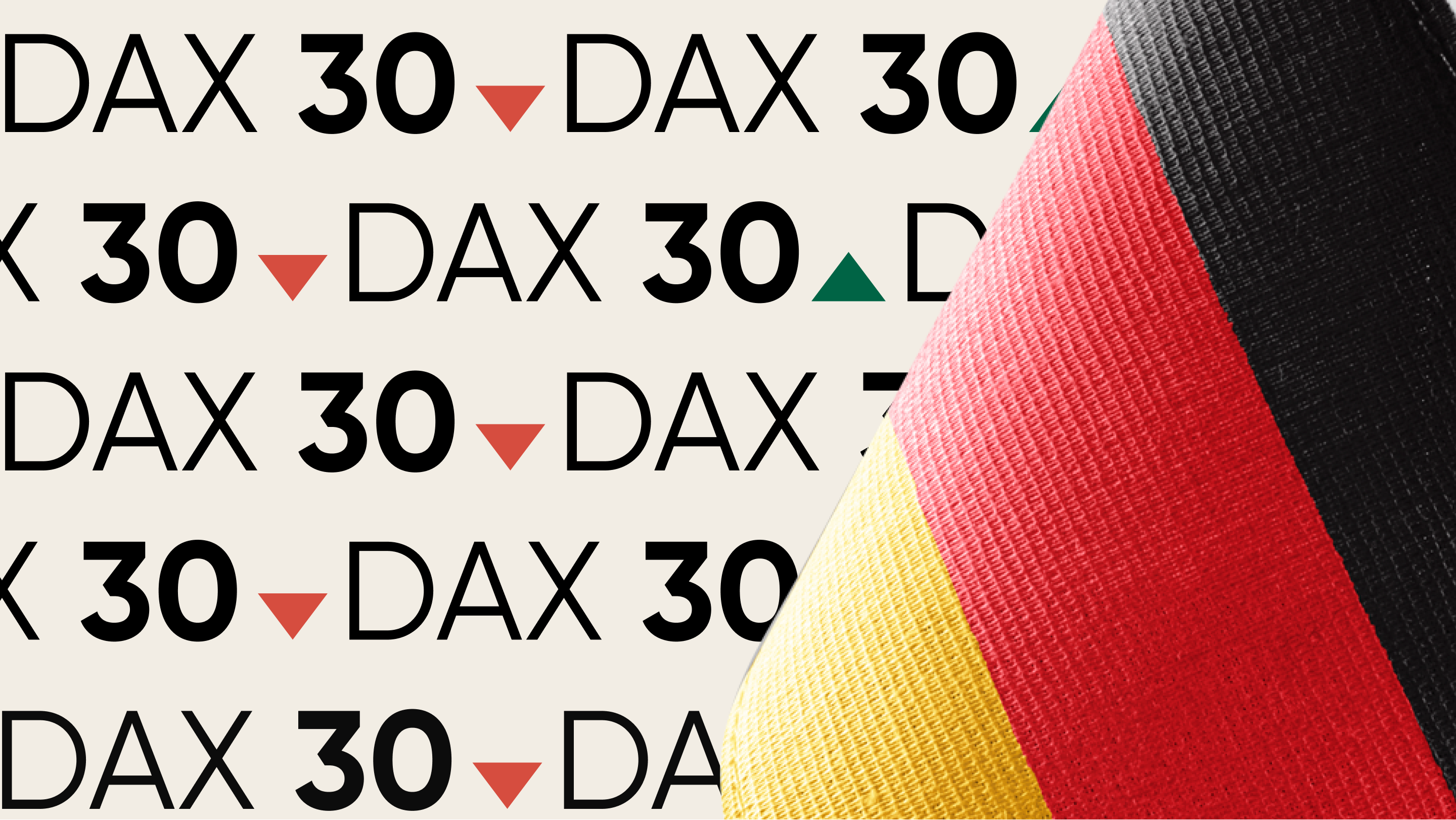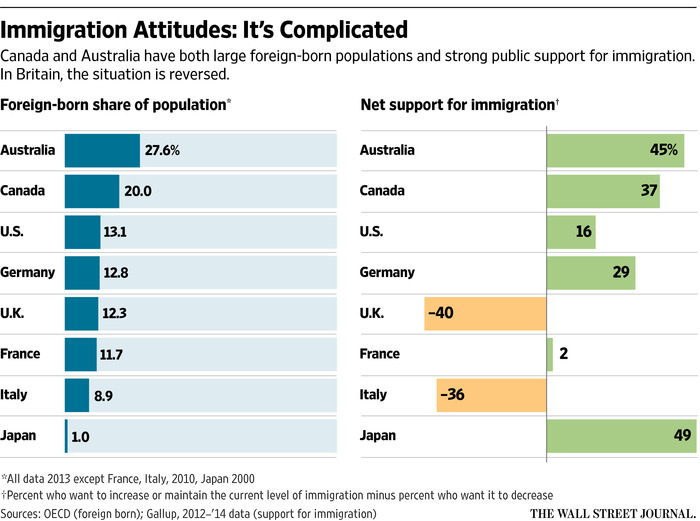How Bundestag Elections Shape The German Dax Index

Table of Contents
Pre-Election Uncertainty and Market Volatility
The period leading up to a Bundestag election is often characterized by increased political risk and market uncertainty. This is a critical time for investors watching the German DAX.
Increased Political Risk
The run-up to an election sees intensified media coverage of political debates, fueling investor anxieties. Uncertainty about potential policy changes under different governing coalitions directly impacts market fluctuations. Many investors adopt a "wait-and-see" approach, reducing trading activity or shifting to safer assets like government bonds.
- Increased media coverage amplifies political rhetoric, creating a climate of uncertainty.
- Uncertainty about future economic policies leads to unpredictable market movements.
- Investors often become more risk-averse, reducing investment in the German stock market.
- Increased volatility can lead to wider bid-ask spreads, making it more expensive to trade.
Impact on Investor Sentiment
Shifting public opinion and election polls significantly influence investor confidence and overall market sentiment. A party with strong polling numbers and pro-business policies might boost market optimism, while negative campaigning or concerns about potential policy U-turns can negatively impact investor confidence.
- Positive polling data for pro-business parties can lead to increased investment and higher DAX values.
- Negative campaigning can create fear and uncertainty, leading to capital flight.
- Specific policy proposals, such as tax changes or environmental regulations, can have a direct and measurable impact on specific DAX companies. For example, stricter environmental regulations might negatively impact the automotive sector, while tax cuts could boost the profits of certain corporations.
Post-Election Government Formation and Policy Impacts
The formation of a new coalition government after the Bundestag elections is another pivotal moment for the German DAX. The process itself, and the resulting government's policies, significantly affect market performance.
Coalition Negotiations and Their Market Effects
Prolonged coalition negotiations following an election introduce further uncertainty and can depress market performance. The composition of the coalition – a left-leaning coalition versus a right-leaning one – dramatically influences investor expectations and their confidence in future economic growth.
- Lengthy negotiations create uncertainty, potentially leading to decreased investment and lower DAX values.
- The ideological leanings of the coalition government significantly shape expectations regarding future economic policies.
- Historical analysis of past coalition governments and their impact on the DAX provides valuable insights for investors.
Implementation of Economic Policies and their DAX Implications
The new government's economic policies – fiscal, monetary, and regulatory – have far-reaching consequences for the DAX. Tax reforms, for example, directly influence corporate profits and investor returns. Environmental regulations can impact specific sectors like automotive or energy, while infrastructure spending boosts economic growth.
- Tax reforms – cuts or increases – have a significant and direct effect on corporate profitability.
- Environmental regulations can lead to both challenges and opportunities for DAX-listed companies. Investment in renewable energy, for instance, could benefit certain firms.
- Government investment in infrastructure projects can stimulate economic growth, positively impacting the DAX.
Long-Term Effects of Bundestag Elections on the German DAX
The long-term consequences of Bundestag elections on the German DAX are substantial. The new government's policies have lasting impacts on economic growth, market performance, and even international reactions.
Economic Growth and Market Performance
The correlation between post-election government policies and the long-term growth of the German economy, as reflected in the DAX, is undeniable. Analyzing past governments' impacts offers valuable insights into potential future scenarios.
- Studying the long-term effects of previous governments' policies on the DAX is crucial for informed investment decisions.
- Analyzing how specific policy changes affected different sectors within the DAX helps investors identify potential opportunities and risks.
International Market Reactions
Given Germany's position as a major European economy, Bundestag election outcomes affect global investor sentiment and international markets. Changes in German economic policy directly impact the Euro and other global currencies.
- Germany's economic health significantly impacts the European Union and the global economy.
- Changes in German economic policy can have ripple effects on global financial markets, including currency exchange rates.
Conclusion
Bundestag elections significantly influence the German DAX. Pre-election uncertainty often leads to volatility, while the formation of a new government and its economic policies shape the DAX's long-term trajectory. Understanding this dynamic is vital for investors. By analyzing election outcomes and policy implications, investors can better manage risk and capitalize on opportunities. Stay informed about upcoming Bundestag elections and their potential impact on your investments in the German stock market. Stay informed about upcoming Bundestag elections and their influence on the German DAX.

Featured Posts
-
 Charleston Open Pegulas Dramatic Win Against Collins
Apr 27, 2025
Charleston Open Pegulas Dramatic Win Against Collins
Apr 27, 2025 -
 Whitecaps Stadium Talks New Home At Pne Fairgrounds
Apr 27, 2025
Whitecaps Stadium Talks New Home At Pne Fairgrounds
Apr 27, 2025 -
 Spd On Crumbachs Departure Maintaining Stability In The German Coalition
Apr 27, 2025
Spd On Crumbachs Departure Maintaining Stability In The German Coalition
Apr 27, 2025 -
 The Trump Factor Albertas Resistance To Anti Trump Sentiment In Canada
Apr 27, 2025
The Trump Factor Albertas Resistance To Anti Trump Sentiment In Canada
Apr 27, 2025 -
 Pre 2025 Grand National Assessing The History Of Horse Deaths
Apr 27, 2025
Pre 2025 Grand National Assessing The History Of Horse Deaths
Apr 27, 2025
